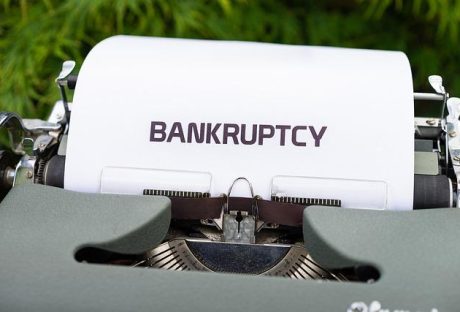Regarding investing, stock market investment is one of the most preferred investment modes for those who can undertake some degree of risk. With a myriad of public stocks listed on the Indian stock exchange, stock market investing has been beneficial for investors for a long time and is a much-publicized affair.
A long-term investment strategy is fruitful for investors as it entails holding investments for over a year. Given the rise in the use of share market apps, long-term stock market investment and tracking have become a clutter-free and accessible exercise that individuals with the most limited means can undertake.
What Is A Long-Term Investment?

While technically, long-term investment refers to holding assets for over a year, most people refer to it as staying invested in the same shares for three years, five years, or greater. The money you invest is locked in the stock market investment vehicles, such as stocks or ETFs.
But why should you prefer long-term stock market investment? Listed below are the reasons to do so.
Why should you invest for the long term?
1. You do not need to time the market
While most of us feel that we are calm and possess the ability to time the market, the truth is the opposite for most of us. Most investors let emotions get the better of them and make financial decisions they could have avoided.

It is especially prevalent in the bear market when we experience many rookie investors exiting their positions after bearing heavy losses.
These short-term emotional investors pay a lot of heed to the market volatility and diminish their chances of earning by trying to time the market. Instead, a long-term invest-and-hold strategy is often proven more beneficial for investors.
2. It eliminates the volatility factor
Many investors succumb to the market volatility and buy high and sell low multiple times, extinguishing their capital. But when you are in the stock market, you will have to acknowledge that your watchlisted stocks can occasionally move by 20% or more in either direction.
So, short-term investor often gets caught in the cycle and loses their hard-earned money. In contrast, a long-term investor barely cares about market volatility and has yielded sizable returns in the past.
So, while it may not guarantee what takes place in the future, it gives us ample hope that stock market investment can be beneficial in the long run.
3. You do not need to keep on technical frequently
Short-term traders depend on market fluctuations to make money. So, you will see them checking the technical now and then to ensure they make meaningful decisions.

In contrast, a long-term investor needs to keep a tab on the technology only when they believe that there is a significant change in the critical factors relevant to the company.
Related: How to start trading on the stock market and profit?
4. You get more space to rectify your mistakes
We all have made faulty decisions, which is a normal human tendency. A trader often loses money because they took some wrong calls and ended up being in the red.
While they barely have any chances to rectify their mistakes given the short timespan, long-term investors benefit from getting enough opportunities to correct their errors owing to the longer investment horizon.
Wrap up
While investment preference can vary from one investor to another, the ultimate goal is to make money, which is what matters.
Long-term investors are more likely to keep their capital and make decent returns if they choose the right stocks. It is especially beneficial for those who do not want to spend hours reading stock market news daily.
Read Also:






















